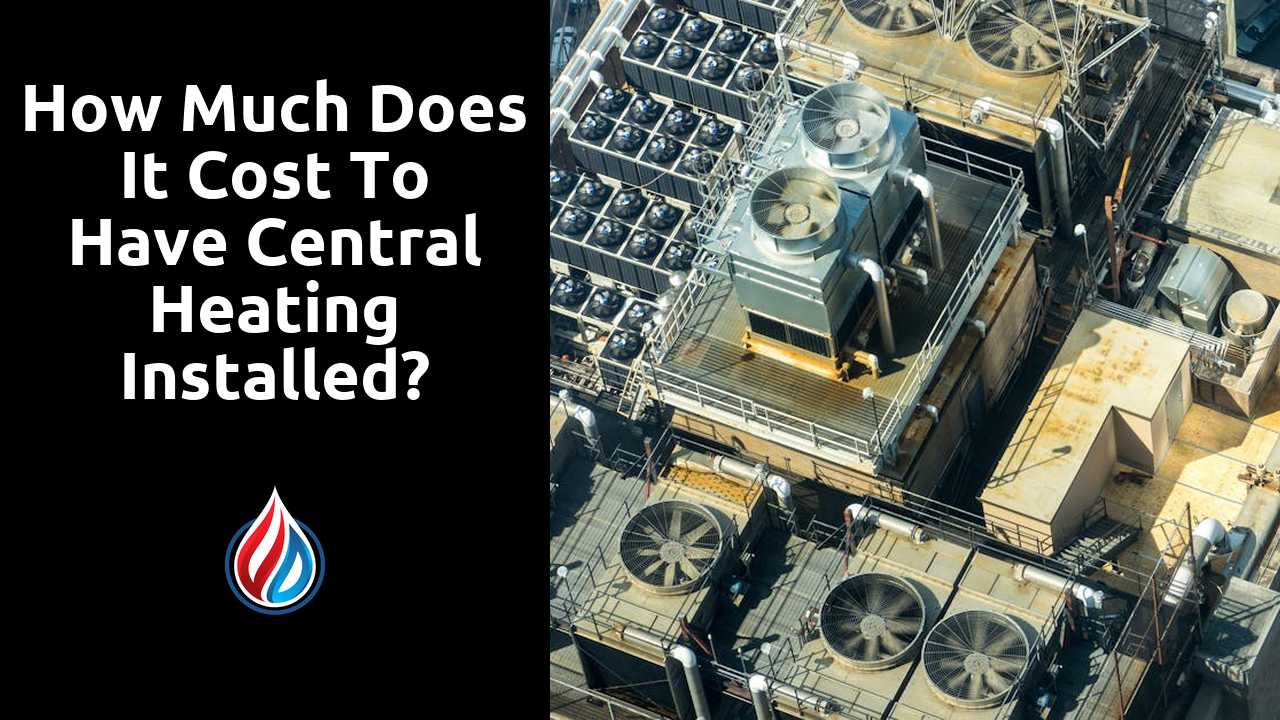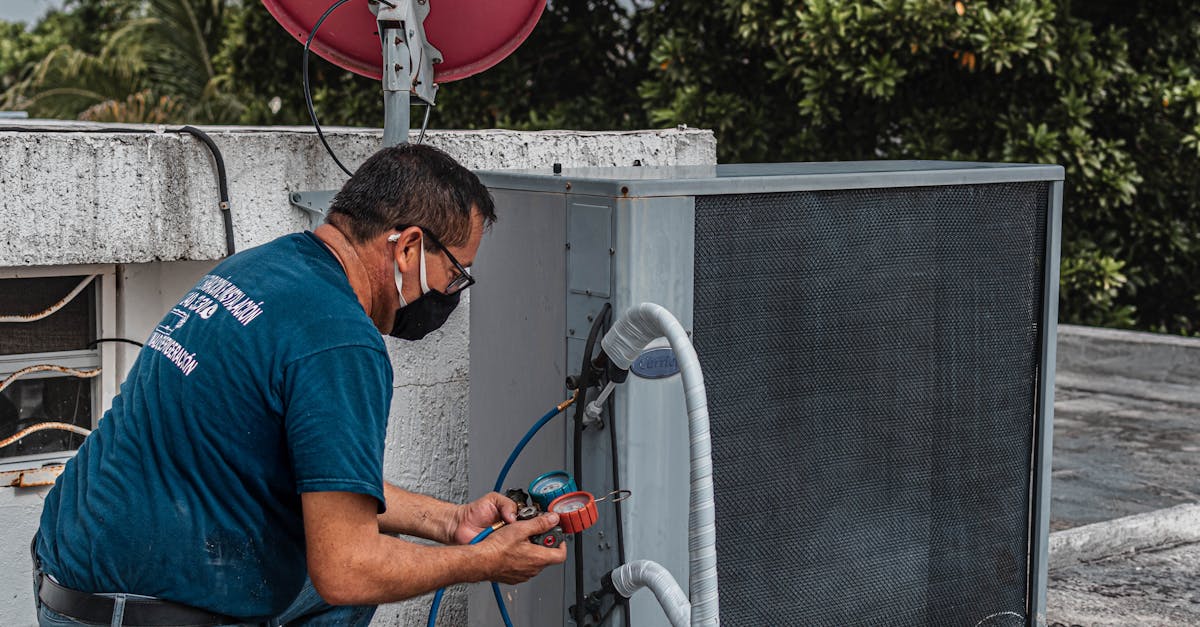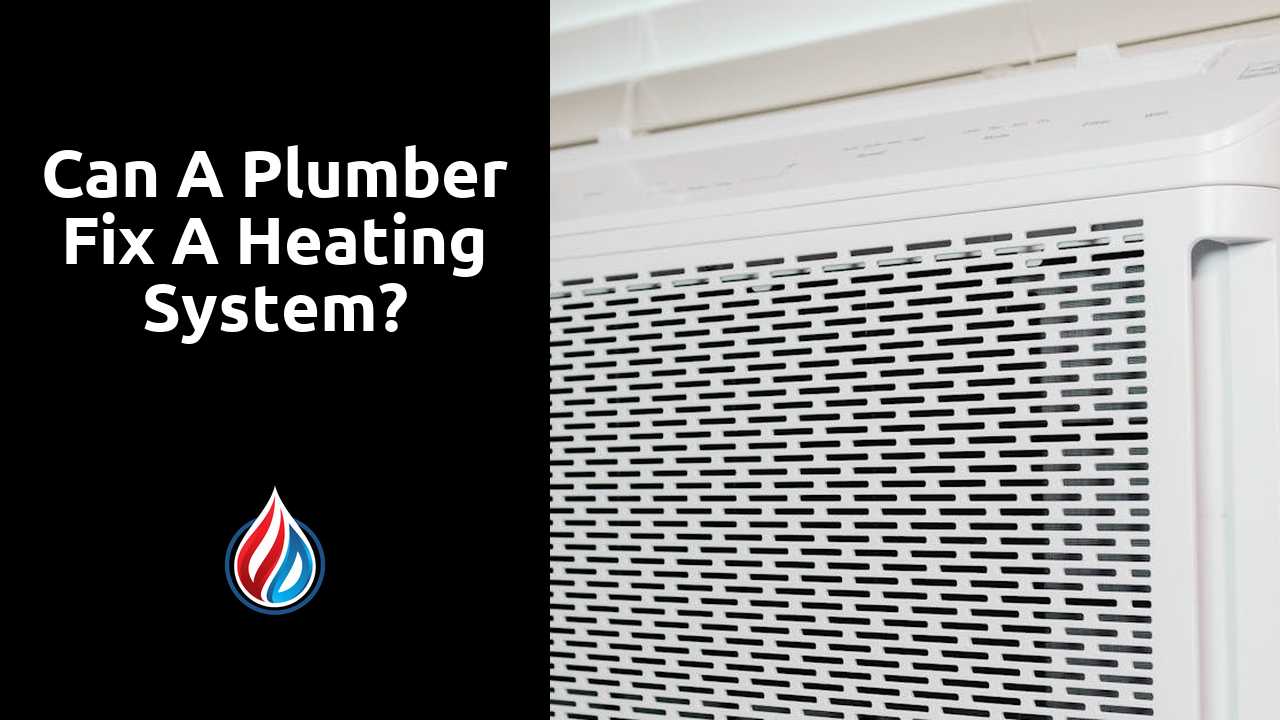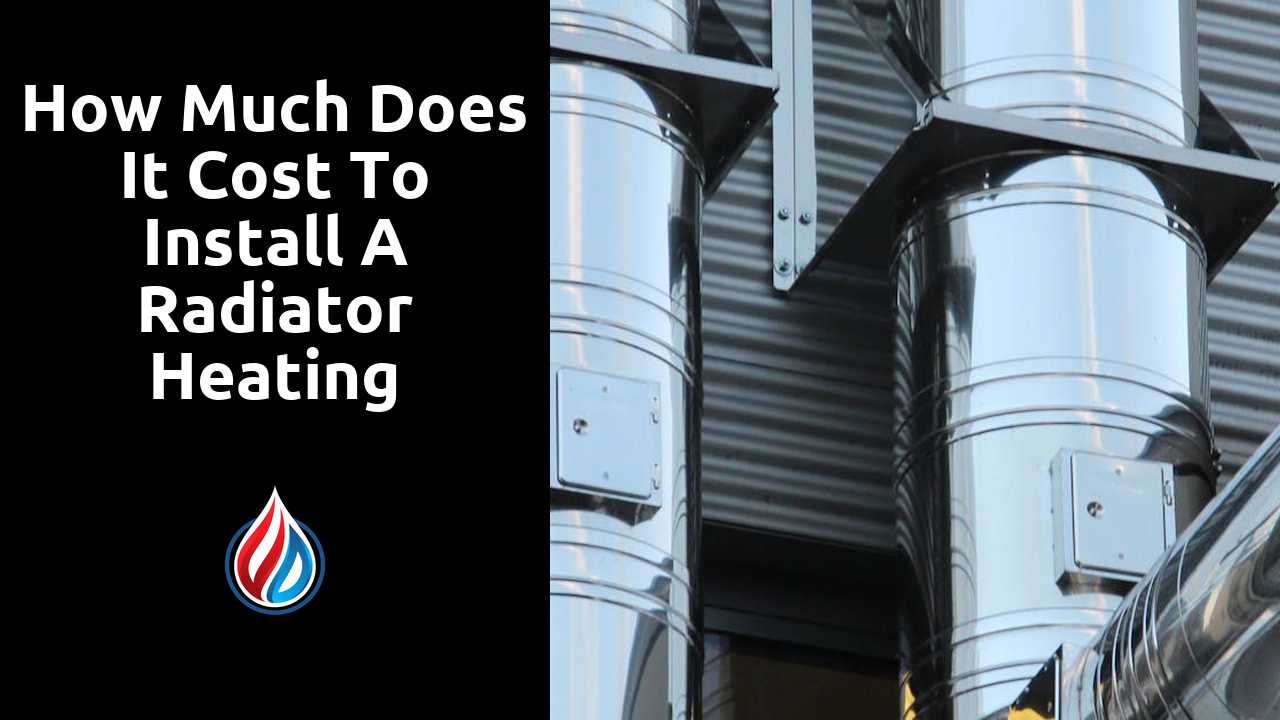
Table Of Contents
Choosing the Right Installer
Selecting the right installer for your central heating system is crucial to ensure a smooth installation process and long-term performance. It's advisable to choose a professional with a solid reputation in Heating System Installation and Repair. This helps guarantee that the installation meets both safety standards and efficiency requirements. Look for qualifications and membership in recognised trade bodies, as these credentials indicate a level of professionalism and adherence to industry best practices.
Experience plays a significant role in the success of your heating installation. An installer with a wealth of practical knowledge will be better positioned to handle any unexpected challenges that may arise during the process. Additionally, seek recommendations from friends or family who have had similar work completed. A well-established installer with positive reviews can provide peace of mind and ensure that your investment in central heating is handled expertly.
Importance of Qualifications and Experience
When considering the installation of a central heating system, the qualifications and experience of the installer play a crucial role in ensuring a successful outcome. Professional installers should possess the necessary certifications and training that demonstrate their understanding of heating systems. This expertise minimises the risk of complications during installation, which can lead to costly repairs and inefficiencies in heating performance.
Experience also contributes significantly to the installer’s capability to troubleshoot potential issues and tailor the installation process to meet specific household needs. Knowledge gained from years in the industry often translates to better workmanship and familiarity with a variety of heating systems. An experienced professional will bring insights into the latest technologies, ensuring optimal Heating System Installation and Repair while adhering to the required safety standards.
Benefits of Central Heating
Central heating offers numerous benefits that enhance the comfort and energy efficiency of a home. It provides consistent warmth throughout the living space, eliminating cold spots often associated with traditional heating methods. Homeowners appreciate the controllability of central heating systems, which allows for precise temperature regulation according to personal preferences and changes in the weather.
Investing in a reliable heating system can lead to significant long-term savings on energy bills. Modern central heating systems are designed to be highly efficient, reducing energy consumption while maintaining optimal comfort levels. Proper installation and maintenance are essential, making professional services for Heating System Installation and Repair invaluable. Regular attention to these systems ensures they operate efficiently, prolonging their lifespan and further enhancing cost savings.
Energy Efficiency and Comfort
A central heating system enhances energy efficiency significantly when compared to other heating methods. Modern systems, especially those with smart thermostats, can optimise energy use by adjusting the heat output based on occupancy and preferences. This capability not only reduces energy consumption but also lowers utility bills in the long run. Investing in an efficient heating system means less reliance on fossil fuels, contributing positively to the environment as well.
Comfort is paramount in any living space, and central heating offers consistent warmth throughout the home. Unlike space heaters that may leave cold spots, a well-installed central heating system provides even heat distribution, making a space more inviting during colder months. Regular maintenance, including Heating System Installation and Repair, plays a crucial role in maintaining efficiency and comfort, ensuring that the system operates at its best capacity for years to come.
Potential Cost-Saving Tips
When considering the installation of a central heating system, obtaining multiple quotes can lead to significant savings. It is advisable to reach out to various installers and suppliers, allowing for a broad comparison of prices and services offered. Ensuring that each quote includes a detailed breakdown of costs helps in understanding what is covered. This transparency can also facilitate negotiations, enabling homeowners to make informed decisions while potentially reducing overall expenses.
Additionally, timing can play an essential role in cost management. Scheduling the installation during the off-peak season may lead to lower rates, as demand is typically reduced. Some suppliers offer discounts or promotional rates during specific times of the year. Homeowners can enhance their cost-saving approach by researching local incentives or rebates offered for energy-efficient systems, especially those related to Heating System Installation and Repair. Taking these steps can help manage the financial aspect of upgrading or installing central heating.
Comparing Quotes from Different Suppliers
When considering central heating installation, obtaining multiple quotes is essential. Each supplier may offer different pricing, warranties and service packages, making comparisons crucial for informed decision-making. It's advisable to ask for detailed quotes that break down labour, materials and any additional fees. This transparency helps in determining the true cost of the project and can prevent any unexpected expenses later on.
Additionally, exploring reviews and feedback about the suppliers can provide insights into their reliability and quality of work. Look for companies that specialise in Heating System Installation and Repair, as their expertise will likely translate to a more efficient installation process. Establishing a clear line of communication with potential suppliers can also pave the way for a smoother experience, ensuring any questions or concerns are addressed promptly.
FAQS
What is the average cost of installing central heating in a home?
The average cost of installing central heating can vary widely depending on factors such as the size of the property, the type of heating system chosen, and installation complexity. Generally, you can expect to pay between £3,000 and £6,000.
Are there any additional costs I should consider when installing central heating?
Yes, additional costs may include modifications to your existing plumbing, electrical work, or any necessary renovations to accommodate the heating system. It's also wise to consider ongoing maintenance costs.
How long does it typically take to install a central heating system?
The installation process can take anywhere from one to several days, depending on the system's complexity and the size of the property. A straightforward installation might be completed in a day, while larger or more complicated setups could take longer.
Can I install central heating myself, or should I hire a professional?
While some homeowners may attempt DIY installations, it is highly recommended to hire a qualified professional. Installing central heating involves complex plumbing and gas work that requires specific skills and certifications to ensure safety and compliance with regulations.
What factors can influence the cost of central heating installation?
Several factors can influence the cost, including the type of heating system you choose (e.g., gas, electric, or oil), the size of your home, the complexity of the installation, the qualifications and experience of the installer, and your location.


